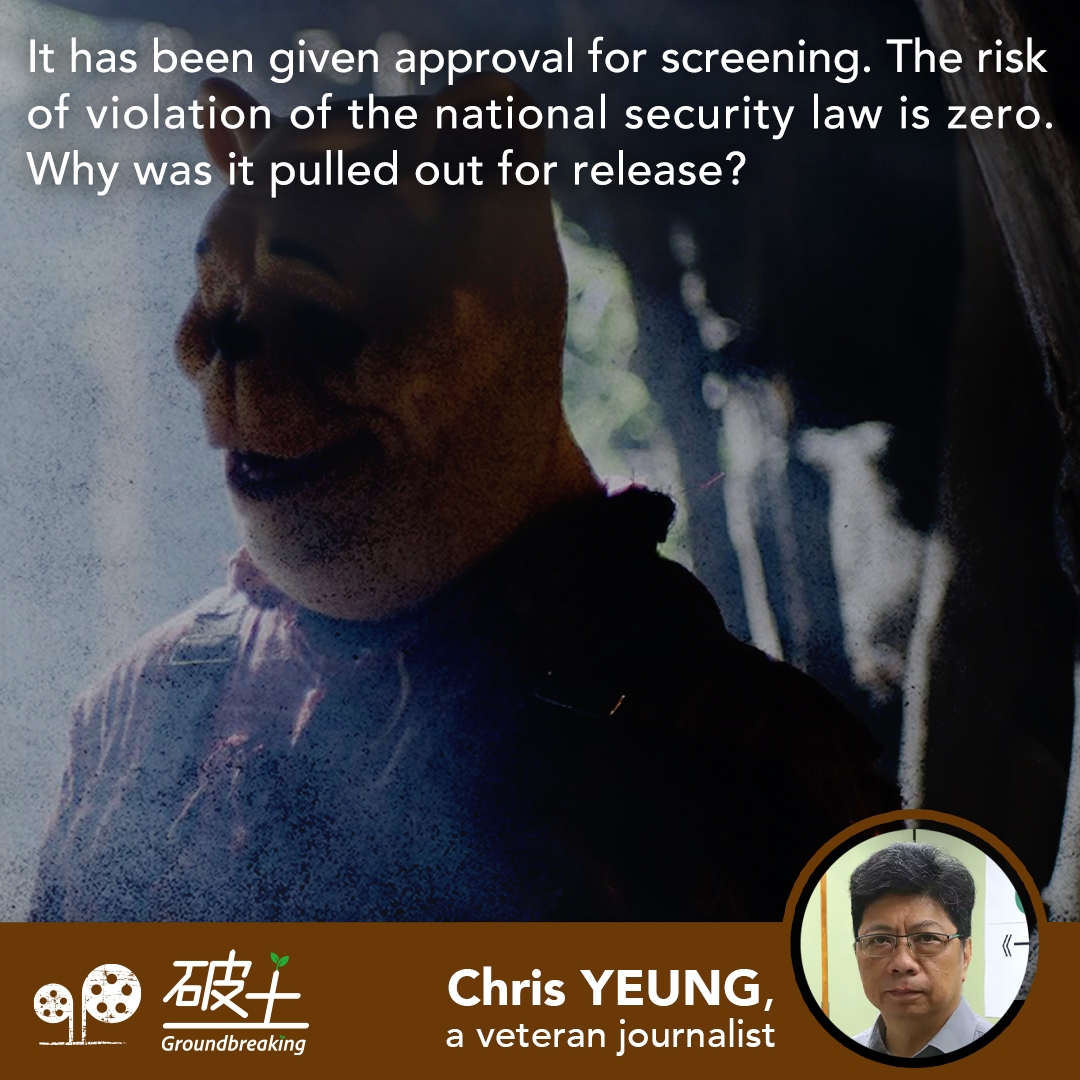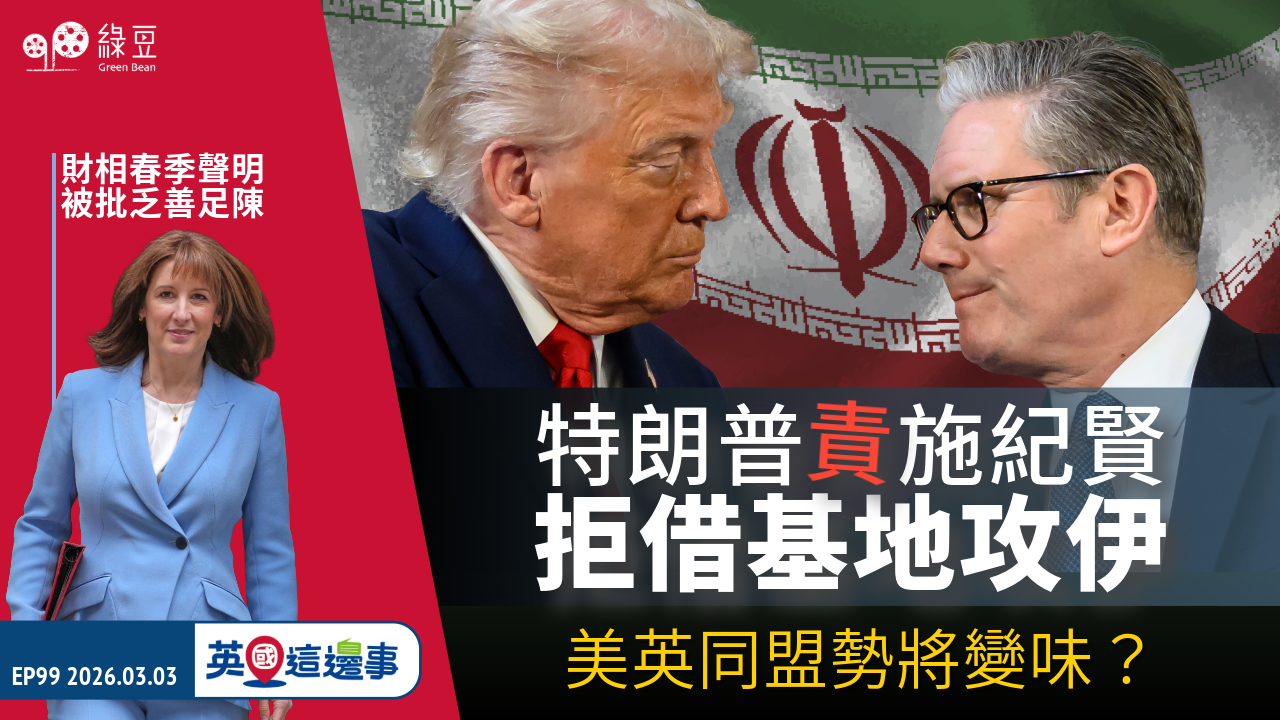Red line over Winnie the Pooh film

It could not be more ironic and horrible. British horror film Winnie the Pooh: Blood and Honey was given the greenlight of screening in local cinemas by Hong Kong’s film censorship board. But on the eve of its release, it was axed in Hong Kong and Macau cinemas.
Distributors of the film claimed local cinemas have canceled the showings. The film’s director told local media it was unusual, attributing the cancellation to political pressure. Minister Kevin Yeung, whose portfolio covers film development, maintained the film has approval for screening.
The horror film, which is based on Winnie the Pooh, a cartoon bear allegedly bearing resemblance to China’s supreme leader Xi Jinping, has an added element of mystery before its release, if there is.
The scheduled release of the film comes during the city’s art week that features Art Basel Hong Kong, which welcomes 177 galleries from 32 countries, and Art Central. Both are mega-size cultural events held since the lifting of the mask mandate, which help promote the city’s avowed return to openness and normality in the post-pandemic era.
But if art is in the air, “red line” has figured increasingly prominent in the spheres of expression in the fields of arts and culture, film and publication and mass gatherings. The mysterious cancellation of the release of the Winnie the Pooh film is the latest case in point.
In a move aimed to dovetail with the national security law enacted in July 2020, the Legislative Council passed a bill which enabled the Government to ban films deemed contrary to national security from being screened and published. Any person who exhibits an unauthorised film could face up to three years in jail and a HK$1 million fine.
Several films have since been pulled out from release after some contents of them were ordered to be cut by the censors, or Office for Film, Newspaper and Article Administration. Most of the problematic contents are related to the 2019 protest.
While mindful of the imaginative power of the authorities in their hunt for security law-breakers, it looks unlikely that the British horror film will stir up public sentiments related to the social movement.
Importantly, it has been given approval for screening. The risk of violation of the national security law is zero. Why was it pulled out for release?
With mystery lingered, the unexplained withdrawal could possibly be attributed to the atmosphere of fear about the “red line” prevailing among various sectors in the city since the implementation of the national security law.
In the case of the Winnie the Pooh film, the political risk of screening faced by the cinema operators and distributors cannot be simply dismissed. Like it or not, it is plainly too difficult to be managed, if not unmanageable.
It will not come as a surprise if the parties involved in screening the film are being shamed by the pro-Beijing camp for allegedly smearing Xi after the film is released.
Political risk may swiftly morph into legal risk when distributors and cinema operators face complaints of violation of national security law, which may be followed by formal reporting to the law enforcement bodies.
The fate of the film is strikingly similar to the cancellation of two mass gatherings scheduled after the end of the mask mandate.
To mark the International Women’s Day, a women’s group has sought approval for a rally and a march from the Police on March 5. The group canceled the rally one day before it was scheduled to take place. They explained later they had been repeatedly “invited” by the Police to discuss their planned rally after they were told some alleged trouble-makers might create chaos at the rally if it took place.
An investigation by the Chinese-language Ming Pao found some of the posts by netizens on social media allegedly calling on people to join the March 5 rally were active in the “blue” pro-China groups on the internet.
On March 12, the Hong Kong Taoist Association canceled a parade it had planned for and was approved by the Police six months before. They agreed to a police advice to cancel a plan to march and instead hold a rally at a playground. Police said their suggestion was based on risk assessment without further elaboration.
The cancellations of the release of a horror film and two rallies with different purposes are unrelated incidents. But they could somehow be connected with the ever-evolving “red line” that has put restrictions on freedom of expression in society after the national security law is in place. If those are unintended consequences, a fresh look at the “red line” makes sense.
▌[At Large] About the Author
Chris Yeung is a veteran journalist, a founder and chief writer of the now-disbanded CitizenNews; he now runs a daily news commentary channel on Youtube. He had formerly worked with the South China Morning Post and the Hong Kong Economic Journal.





